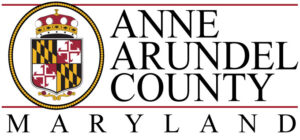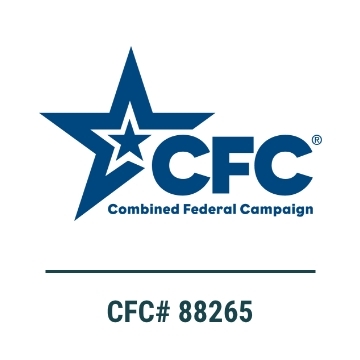The Individuals with Disabilities Education Act (IDEA 2004) provides parents with procedural protections when a disagreement arises over the identification, evaluation, placement, or program of their child regarding special education and related services.
Understanding the terms:
Dispute Resolution
an informal process to resolve disputes that could not be resolved in an IEP meeting
Mediation
A more formal process, in that the issues, which may or may not have been discussed in Dispute Resolution, are presented before an Administrative Law Judge
Due Process Hearing
The most formal way to resolve special education concerns; the case is heard before an Administrative Law Judge. Generally, each party is represented by legal counsel. The judge follow all rules of evidence and renders a formal decision.
State Complaint
A formal way of filing a complaint with the Maryland State Department of Education
A comparison chart of these dispute resolution processes is available at:
http://marylandpublicschools.org/programs/Documents/Special-Ed/FSDR/IDEADisputeResolutionProcessesComparisonChart.pdf
Information on dispute resolution, mediation, and due process hearings is available to assist parents in addressing special education concerns.



























